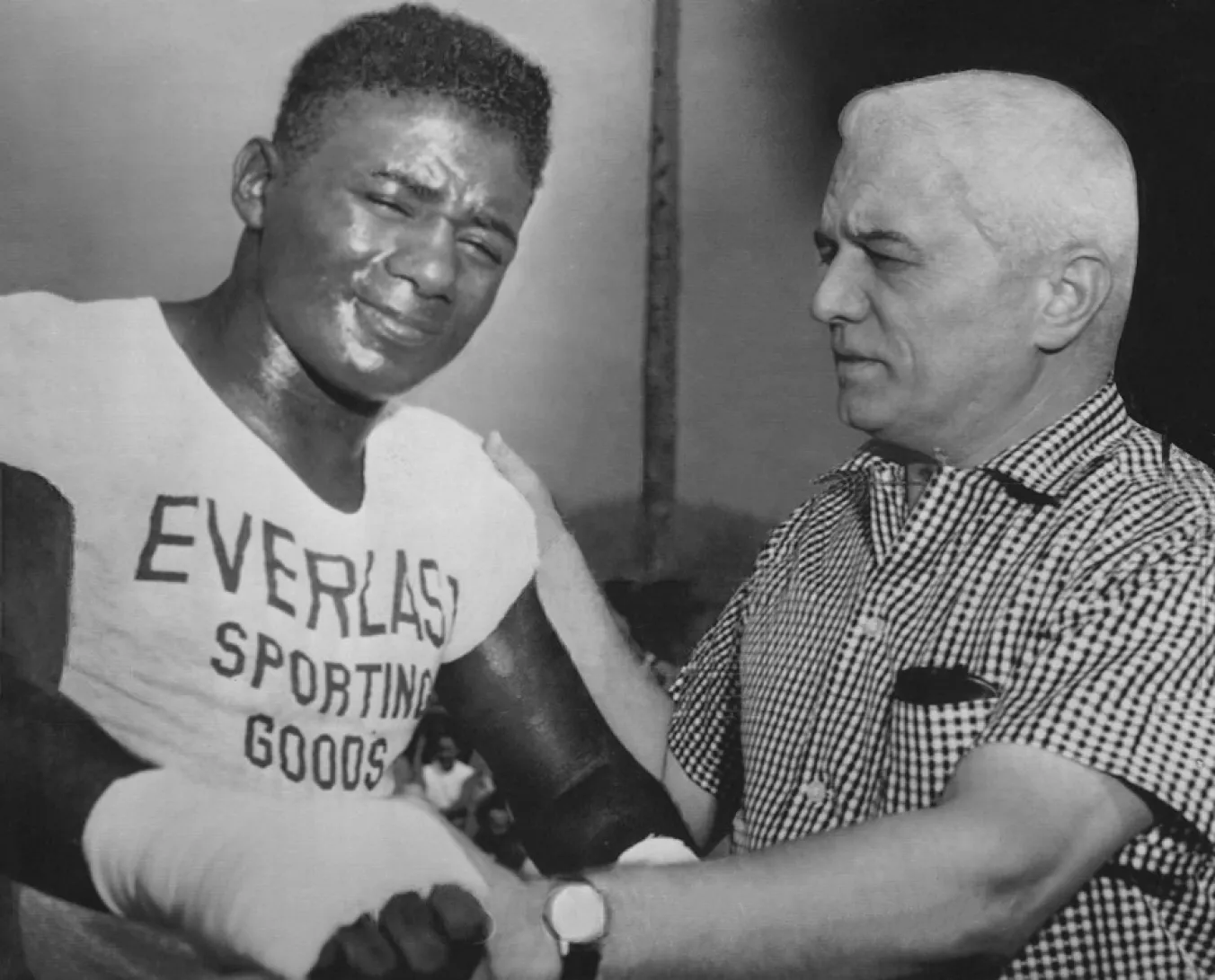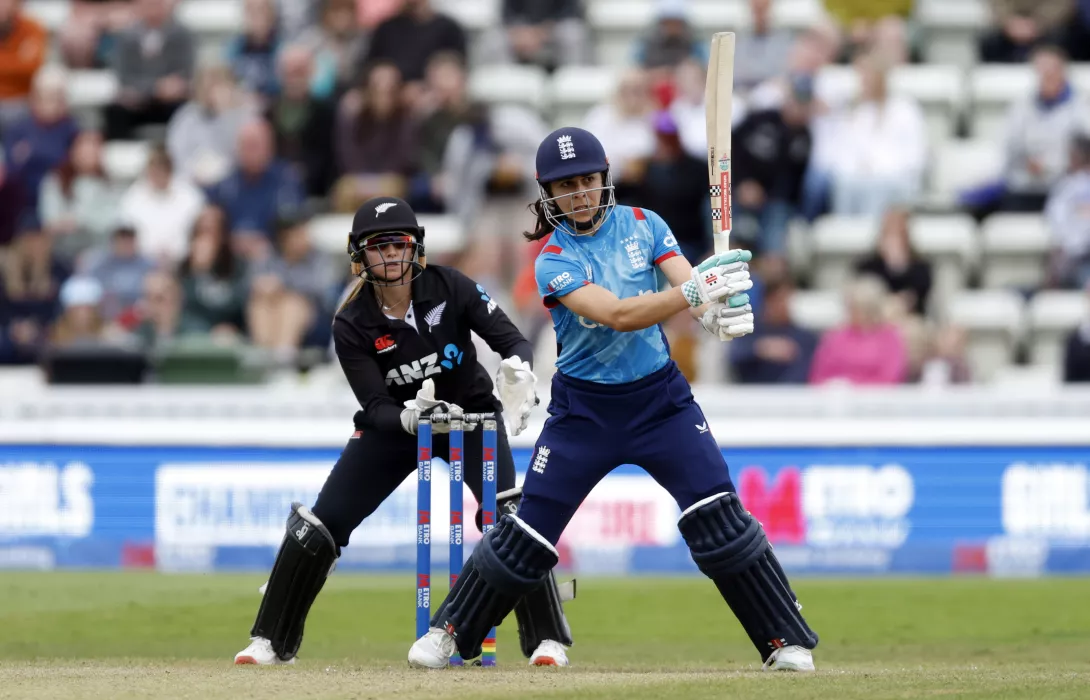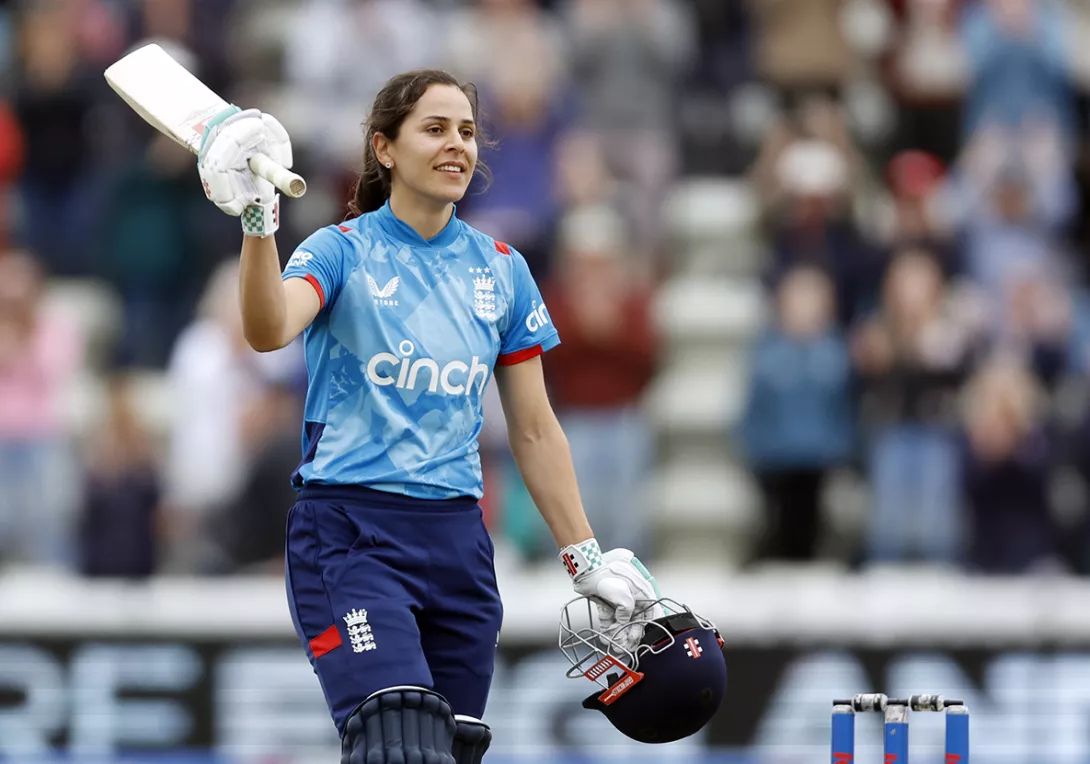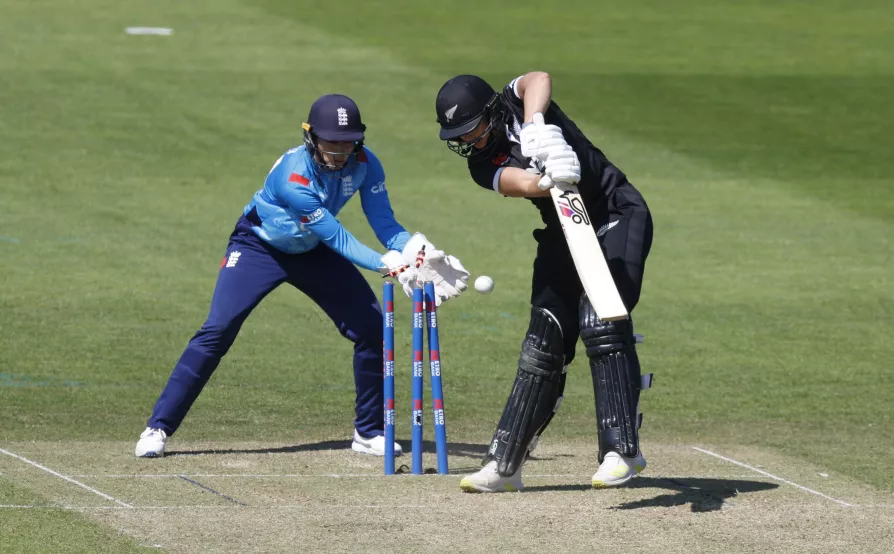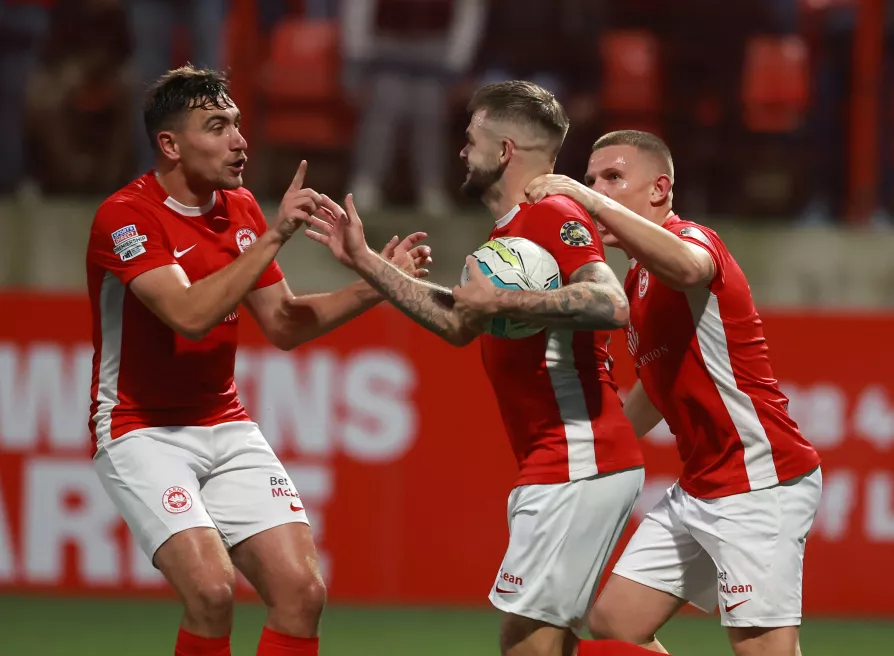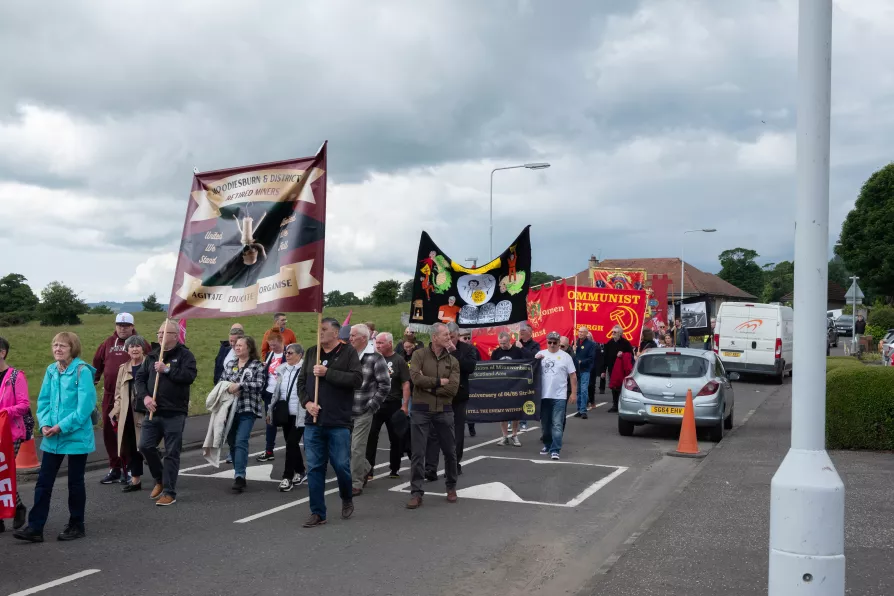JOHN WIGHT writes on legendary boxing trainer and philosopher, Cus D’Amato
Future unclear for Blyth Spartans
JON TAIT writes about uncertainty surrounding the club since they were sold last season and relegated from the National League North
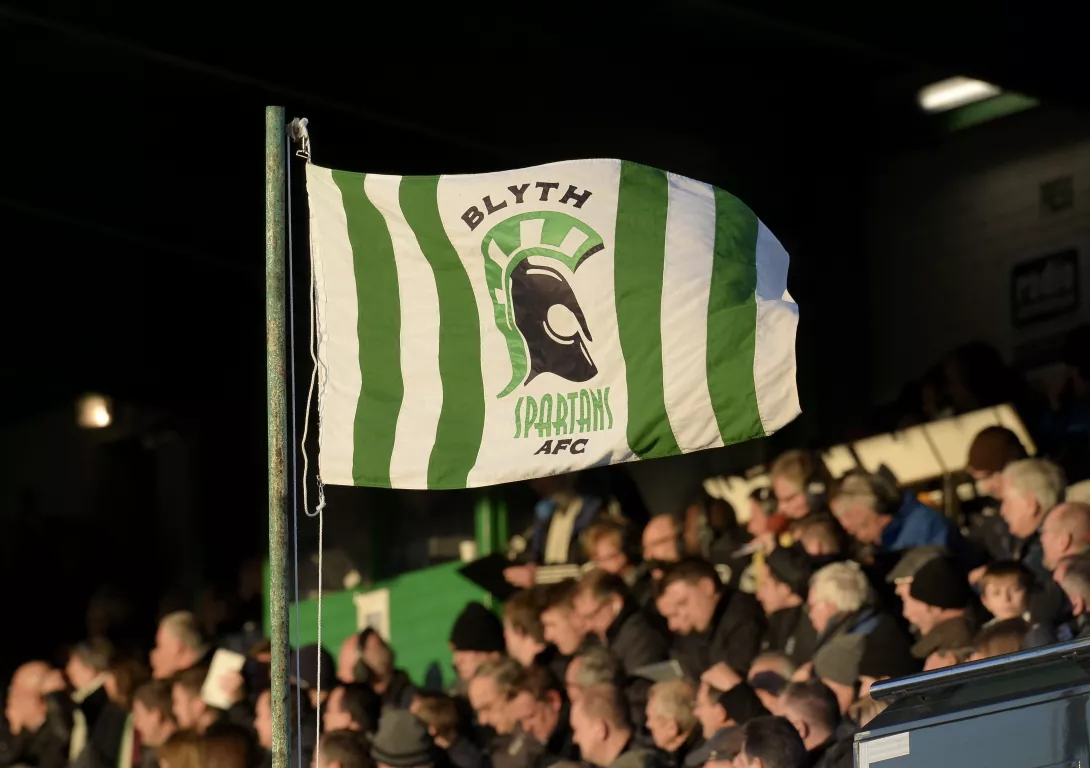
THERE’S a mural of former striker Robbie Dale on the gable end of a chippy outside Blyth’s Croft Park. It resembles the street art you’d see in Belfast.
My mate’s dad had the fish shop in the 1970s when Spartans became the most famous non-league club in the world after reaching the fifth round proper of the FA Cup.
More from this author
Similar stories
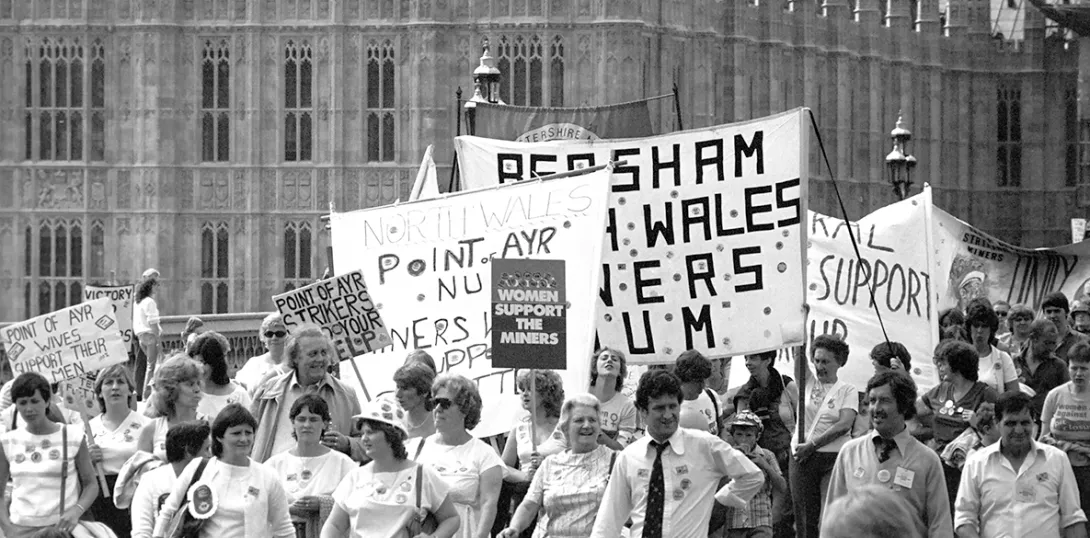
IAN LAVERY MP, who took part in – and was arrested on – the great strike, looks back on the significance of this heightened period of class struggle


